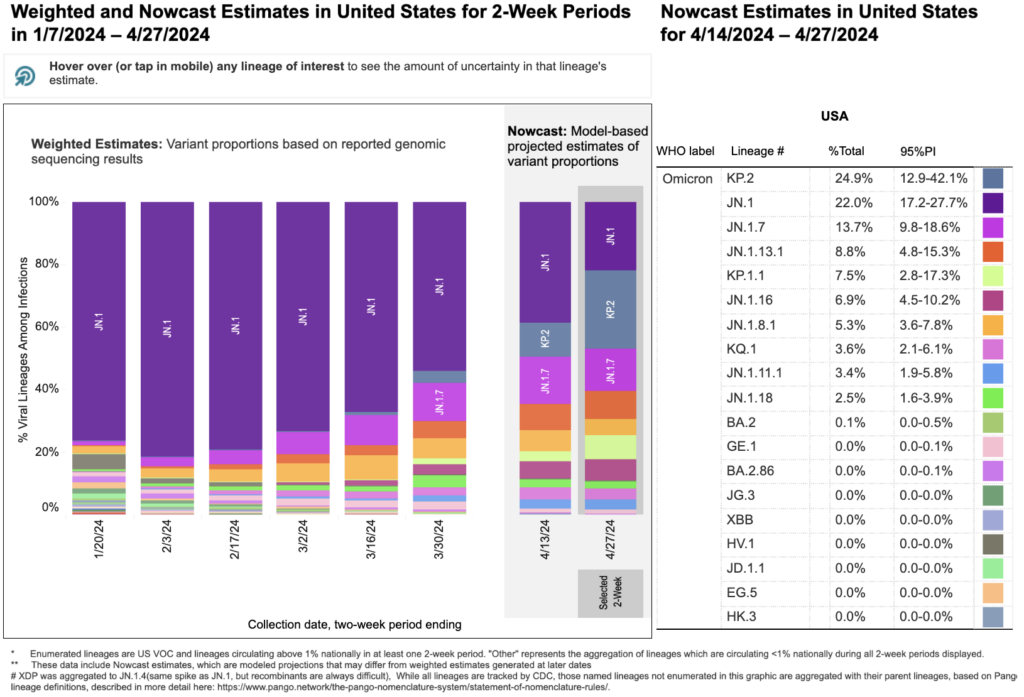
What’s prostate cancer
Prostate cancer is a cancer that develops in men often after the age of 50. Learn more about what it is and how you develop it here.




